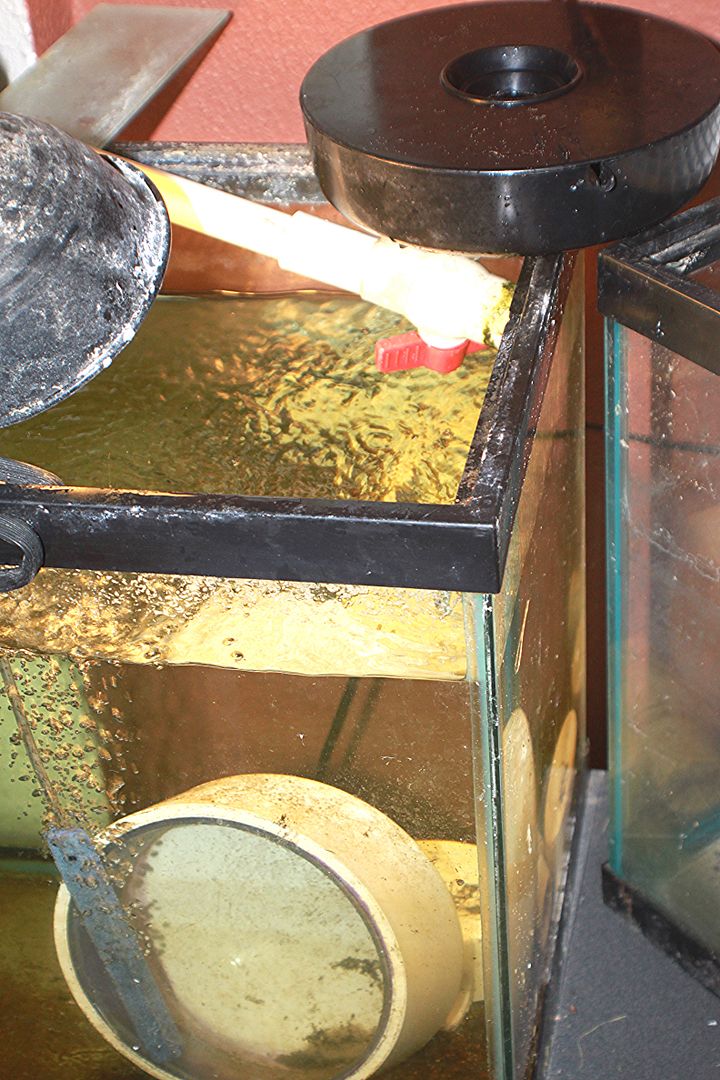As we all know most cichlids are incredible parents. Some can even defend their own against other monster cichlids, but some times, the pair just decides to eat their fry or eggs and re-spawn.
I know it also depends on the species but what other factors contribute to the parental care all the way to the juveniles phase of the fry?
For example I have 4 rainbow cichilds
( H. multispinosa) they are in a 50 gallon tank. They are accompanied by a school of zebra danios to serve as ditter fish. A pair has already formed but spawned about 3 times, although, this is their first time in 2 months or so to breed again. In past times, the eggs have hatched to wigglers and after about two weeks they have gone missing. This is when the second spawn happened.
How come some cichilds might protect their fry to the end? And what can we do to encourage this behaviour?
It's probably either the danios or the other two cichilds that are dwindling the pack but I would think they can protect maybe 3-5 fry from the rest of the stocking. I'm debating weather I should take the eggs out or leave them in so the parents get more experience, since it's one of their first spawns.
I know it also depends on the species but what other factors contribute to the parental care all the way to the juveniles phase of the fry?
For example I have 4 rainbow cichilds
( H. multispinosa) they are in a 50 gallon tank. They are accompanied by a school of zebra danios to serve as ditter fish. A pair has already formed but spawned about 3 times, although, this is their first time in 2 months or so to breed again. In past times, the eggs have hatched to wigglers and after about two weeks they have gone missing. This is when the second spawn happened.
How come some cichilds might protect their fry to the end? And what can we do to encourage this behaviour?
It's probably either the danios or the other two cichilds that are dwindling the pack but I would think they can protect maybe 3-5 fry from the rest of the stocking. I'm debating weather I should take the eggs out or leave them in so the parents get more experience, since it's one of their first spawns.









